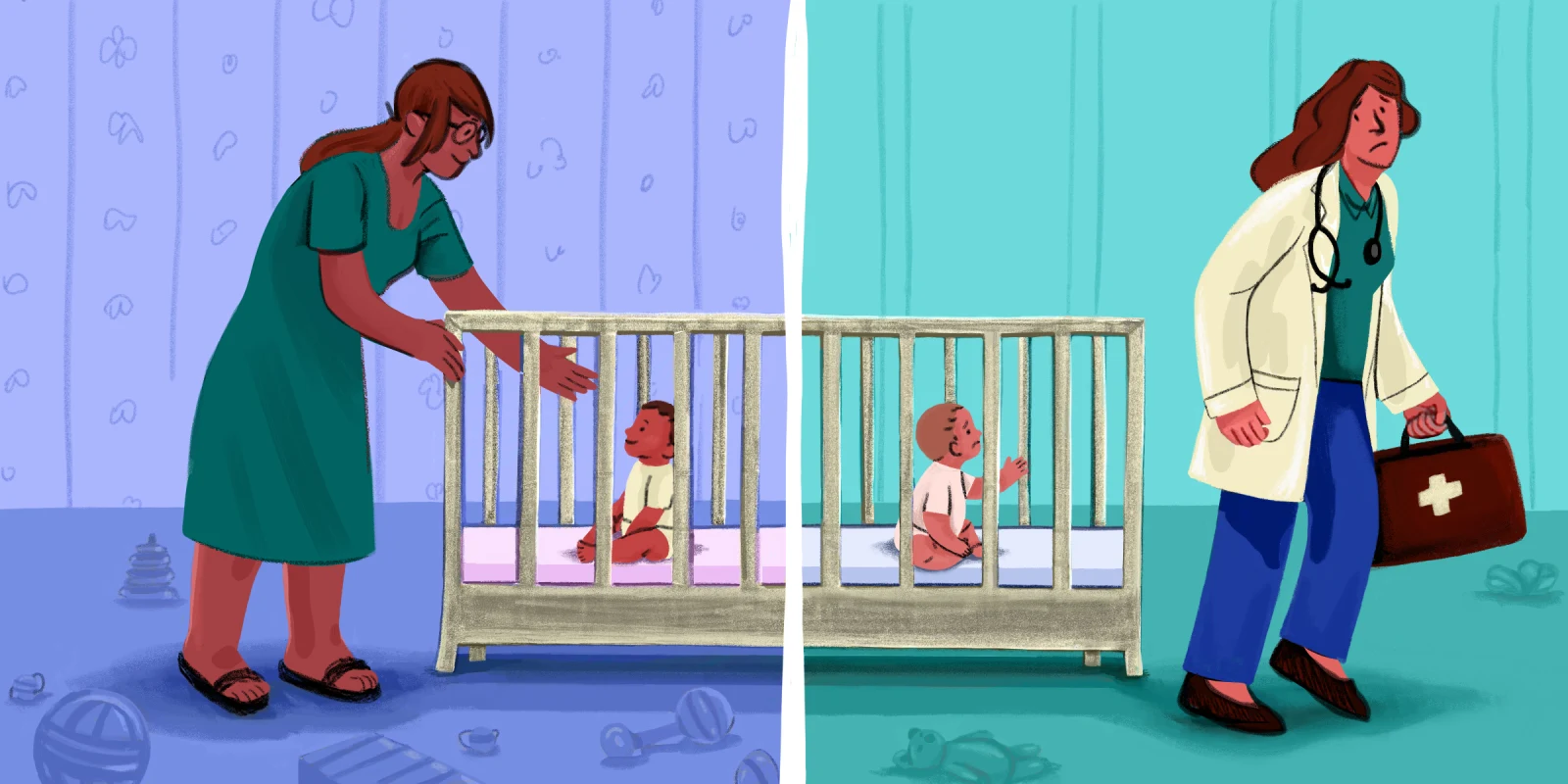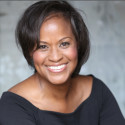Work-life balance is a myth. In my humble opinion, it is an elusive goal and an unrealistic expectation which often leads to criticizing the life choices we make. Those unending “What ifs” and “If I had onlys” obscure the reality staring us square in the face: You just have to "Make Life Work." This means coming to the realization you can’t simultaneously give 100% to more than one demanding facet of your life, and that is OK. For me, this meant stepping back from my career many times to prioritize the needs of my growing family.
You own the decisions you make with all their ramifications; embracing both the good and bad and hopefully growing as a caring human along the way. Yes. Work-life balance is a myth. Who convinced women we should seek work-life balance while historical barriers remain intact anyway? As a start, we must approach life metacognitively to pulverize the brick walls of gender socialization erected in childhood and reinforced our whole lives.
I knew two things early on in my adolescent and teenage years: I wanted to be a physician and I wanted to have children. My childhood friend recently reminded me, I not only wanted children, but I also specified I wanted five. I do not recall that conversation, but here I am five children later. (Oh, the power of the subconscious mind.) As a young adult, I chased the work-life balance fantasy believing I could simultaneously be at the top of my game at work and “Mother/Wife of the Year” for my family, harmoniously balancing those work-life scales with ease. When I finally let that go and embraced the mantra “Make. Life. Work,” not resisting and forcing but relinquishing and acquiescing to the uncertainty and the unknown around the corner, life became easier and less stressful. The myth of work-life balance died with the end to my pursuit of perfection. But it took a while ...
The second trimester of my first pregnancy stands out as one of those pivotal periods of revelation. I was a fourth-year medical student and in the second trimester of my first pregnancy. While riding the New York City subway at 3:30 a.m. to make it for the start of surgical rounds at 5 a.m., my mind was filled with thoughts of “proving myself” — to my attendings, to my fellow medical students, to my husband. Proving that I could manage this life and balance it well. This was my entry into the world of motherhood in medicine. I was filled with all the angst associated with a first pregnancy with the added stress of caring for patients. I finished my last elective and all fourth-year requirements for graduation a week before giving birth to a healthy baby boy. I felt so accomplished walking across that stage to receive my Doctorate in Medicine with my squirming infant in tow. I took a year off before starting an internship.
My son was 16 months old when I started my internal medicine internship. The transition was a disaster. He did not adjust well, and his hoarse cry was the last sound I heard upon departing in the morning and the first sound that greeted this guilt-ridden mother upon returning home in the evening. As I rounded daily on my patient under court order detention for treatment on multi-drug resistant TB, though donned in appropriate PPE while examining in a negative pressure room, I felt guilty about putting my family at risk. Three months after starting my internship, I was diagnosed with hyperemesis of pregnancy and resigned. I was pregnant with my second child, and I flushed work-life balance down the toilet during one of those emesis episodes. It would be four years before I began a new internship.
I restarted an internship in New York City with three children five and under; my youngest child was almost two years old. The second time around went better than the first. My perspective had changed. The word “balance” as it pertained to work life and home life was nowhere to be found. I loved being a mom and valued quality time with my children. Sometimes I would be “Mother of the Year.” Other times ... not so much — and that was OK. I was an intern treating and managing a patient population disproportionately impacted by the crack epidemic and the rise of HIV/AIDS, but I was no longer burdened by overwhelming thoughts of putting my family at risk. I took the necessary precautions; I was enriched by my experience, and I provided excellent care to my patients. During my PG2/PG3 years in Cambridge, MA, my marriage dissolved, and I relied on family and nannies to help me with my children. When family and nannies were not available, my children would sleep in my on-call room/suite during moonlighting shifts, and I would take them to school in the morning. Bringing my children to work was not what I considered a successful work-life balance. But I made life work, and completed my residency. Thankfully, my children have fond memories of Cambridge.
I eventually remarried and had two more children nine years later. I began work as a nocturnist at a hospital in North Carolina. I erroneously thought that working 12-hour shifts for seven consecutive nights every other week would work well for a mother of five children, the youngest of which was three months old. I would come home after my shift, sleep for five hours and then pick up my children from school, take them to after school activities, and cook dinner before returning to work. I thought having a week off was a clever idea. It took me until Thursday of my week off to feel like myself again. Not such a promising idea, after all. After 2.5 years of sleep deprivation, I gave up the night life. I found a position that cultivated my passion for the practice of medicine and got my circadian rhythm back on track.
You will be knocked down. Many times. Your strength lies in getting back up. Are you still standing? OK, then. Make life work.
If I lived in a world where work-life balance was a reality, long hours spent training and working as a physician would have been replaced by the work day hours we recommend to our patients in the pursuit of wellness. The reality? It is “practice what I advise; not what I do.” In a world where work-life balance was a reality, traditional gender roles would be non-existent and my spouse/partner would equally share in our child-raising and household responsibilities. In a world where work-life balance was a reality, the “mommy-track” would be obsolete, the use of the phrase would be offensive, paid parental leave for mothers and fathers would be the law of the land, and women would be compensated fairly and equal to their male counterparts.
We have made strides and would be foolish to ignore the accomplishments of those who have paved the way. However, we have a long way to go. If change is not incessantly pursued, work-life balance will continue to be a myth and we will have to just continue to make life work.
Dr. Michele Y. Griffith has over 30 years of experience specializing in Internal Medicine, Integrative Medicine and Lifestyle Medicine. As an early adopter of telemedicine, in 2012, she joined The International Society for Telemedicine and eHealth (ISfTeH) based in Basel, Switzerland with over 100 countries and territories under its umbrella. Advocating for increased access to care through the expansion of telemedicine globally and the increased representation of women in leadership in the field, In 2022, she became the first woman in the organization’s 25 year history to be elected as President.
Illustration by Diana Connolly






